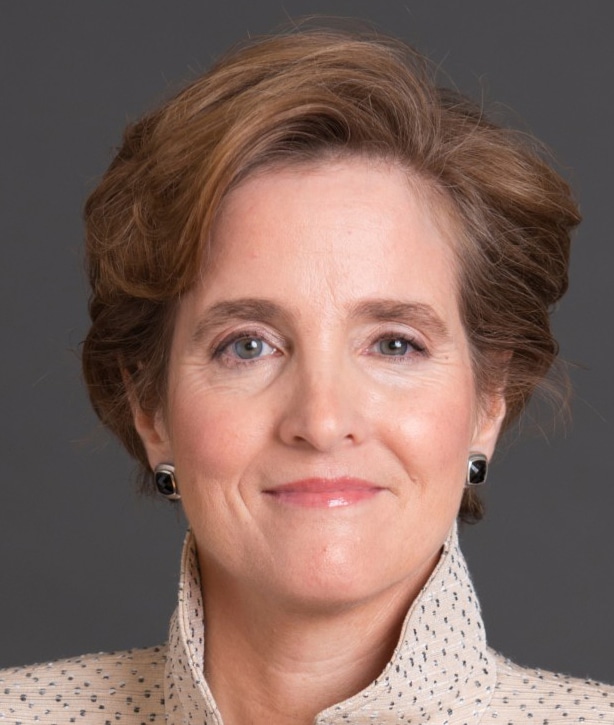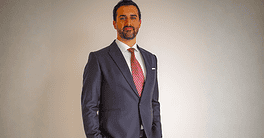Alice Albright, CEO of the US foreign aid agency Millennium Challenge Corporation (MCC), discusses why Africa is an important investment destination for US dollars.

Global Finance: Why is the fight against global poverty important for MCC?
Alice Albright: MCC has partnered with over 45 countries globally, investing nearly $15 billion to create pathways to prosperity for more than 215 million people. More than two-thirds of our investments and impact are in Africa, where we have invested more than $9 billion in 25 countries. Our results cut across various critical sectors like agriculture, health, education, transport, energy, water and sanitation. Fighting to reduce global poverty through sustainable and inclusive economic growth is at the heart of our mission and mandate.
GF: Critics argue that the US government’s Prosper Africa trade and investment initiative has been slow in delivering results. What is your view?
Albright: The initiative mobilizes the full suite of US government tools to increase two-way trade and investment between African countries and the US. Since its launch three years ago, the US government has helped close to 800 two-way trade and investment deals across 45 African countries for a total value of $50 billion. We are building on this momentum now.
GF: The stock of US FDI (foreign direct investment) in Africa stood at $44.8 billion in 2021. Why are US investments in the continent that low?
Albright: Although FDIs in Africa are growing, more work must be done. MCC is committed to making critical infrastructure investments and working with partners across the continent to strengthen the enabling environment through policy and institutional reforms that will attract additional private sector investments, including investments in some of the most challenging sectors. We are working to unlock greater investment in Africa’s fast-growing markets by addressing misperceptions of risk and mitigating real risks.
GF: Is the lack of US government support an impediment for US firms seeking to invest in Africa?
Albright: The US government has long offered businesses and investors a wide range of trade and investment support tools. However, companies have found it challenging to navigate and access these services, which are scattered across several departments and agencies. Now, through Prosper Africa, businesses and investors can access the full menu of available tools and services through our digital resource center and connect with a dedicated team of advisers to find the best resources to meet their needs. We remain committed to continuing to look for new and more efficient and effective ways to respond to the ever-evolving needs of US and African firms.
GF: Does the push for good governance affect US investment plans in Africa?
Albright: We want to be a long-term partner with Africa. This also involves promoting transparency, good governance and adherence to internationally recognized environmental, social and labor standards. These are critical in ensuring that the investments made across the continent deliver concrete results and help improve lives.
GF: Do you think African governments have done a good job creating a favorable environment for US investors?
Albright: Several countries across the continent are making significant strides and placing a much greater focus on the need to create a favorable climate to attract private sector investment, but there is more to be done. We are helping countries strengthen their regulatory environments and undertake policy and institutional reforms to create an enabling environment where private businesses and investors can thrive.
GF: To what extent do geopolitical interests shape investment flows into Africa?
Albright: The US has an enduring commitment to Africa, and we have a historical partnership based on principles of mutual respect and democratic values. We have a shared vision of a better, greener and healthier future. However, our ability to enact this vision is impacted by a changing world and competing crises such as the Covid-19 pandemic, climate change, and food and water insecurity. Crises like these, and the poverty they create, are not persuaded by geopolitics. We must come together as a global community to meet the challenges of our time.



